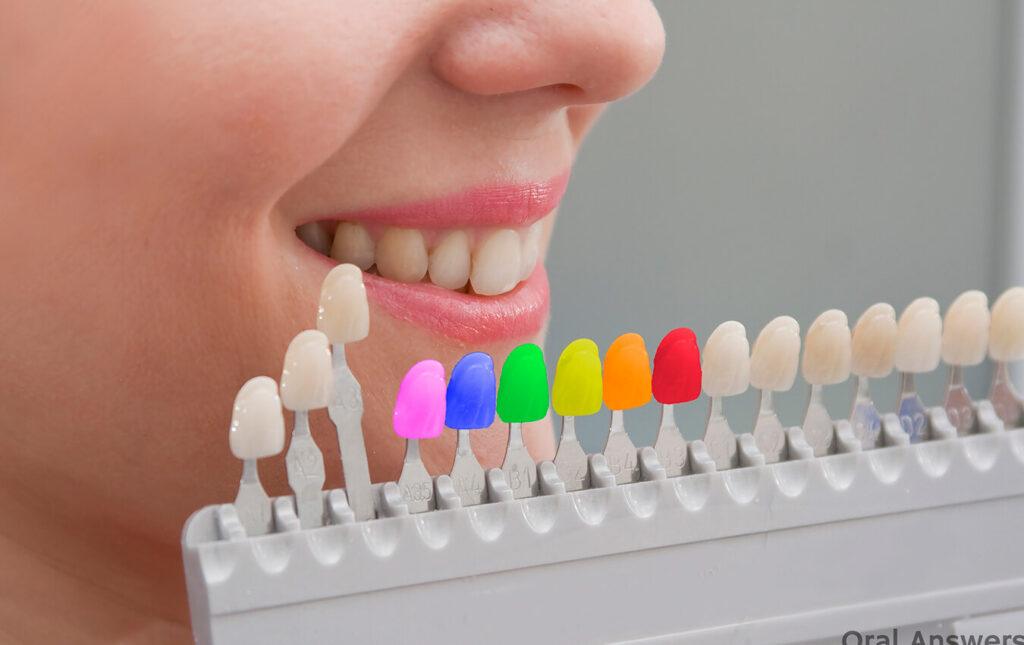
Dental bonding is a cosmetic procedure used to fix minor defects and cavities in teeth. During the procedure a durable material called composite (that can be matched to the shade of your teeth) is applied to the tooth and hardened; this “bonds” the material to the tooth, improving the patient’s smile.
- The biggest benefit of dental bonding is that it corrects minor tooth imperfections.
- The material that is used during the procedure matches the natural color of the patient’s tooth;
- Bonding is not time consuming, as it usually requires only one visit to the dentist.
Who is this procedure for?
You can choose to have dental bonding if you:
- Have a good oral and physical health;
- Want to improve your appearance;
- Have realistic expectations.
A discussion with your dentist will be needed to determine if you are a good candidate for this procedure
What happens before the procedure?
Bonding usually requires one appointment. After the dentist has evaluated the situation, he or she will prepare the tooth for the procedure. Anesthesia is only required if the bonding is used to fill a decayed tooth. A shade guide is used to determine the composite resin color that matches the color of the patient’s teeth.
What happens during the procedure?
The dentist starts roughening and shaping the tooth; then a conditioning liquid is applied. This helps the bonding material to adhere to the tooth. After that he or she will apply the tooth colored composite material, which looks like putty. This needs to be molded and smoothed to correct the problem. The dentist will usually use several layers of composite material in order to achieve the best results. The material is hardened using a high intensity light or a chemical agent. At the end, the dentist will shape, polish and smooth the tooth to give it a natural look. The procedure is pain free, but some patients experience a slight discomfort during the tooth roughening.
What happens after the procedure?
Patients may experience some sensitivity in the treated tooth, but it diminishes in a few weeks. Bonded teeth do not require special care, but patients need to practice good oral hygiene in order to maintain the results achieved by the procedure

